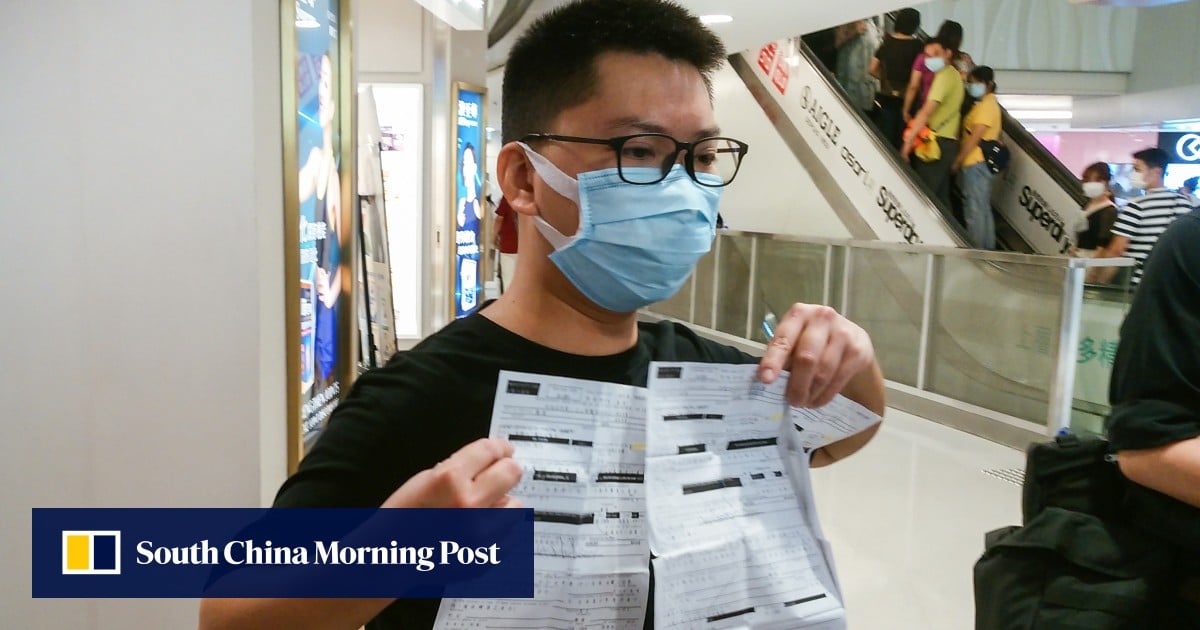In a writ made available for public inspection on Monday, Ma’s lawyers said authorities’ discretion bestowed by the new law was so wide and uncertain it was prone to abuse.
They said national security offenders would have no realistic prospect of early release for reasons inconsistent with their reformation and social rehabilitation.
The writ also argued the new threshold effectively introduced an “ideology conversion” scheme to coerce conformity to the government’s views and policies against one’s dignity.
Lawyers also took issue with what they considered to be the retrospective implementation of the new rule, noting Ma had been cleared for early release as early as February 24, a month before the ordinance took effect.
“Constitutional rights do not stop at the prison gates,” they wrote in the 50-page filing.
“The new [rule] is not imposed as a general measure to pre-empt possible future offences or to facilitate rehabilitation, but purely constitutes an additional penalty to those convicted of offences endangering national security.”
The writ added that the prison service’s reversal of the decision for Ma’s early release was also tainted by its failure to give the prisoner a fair opportunity to be heard, assisted or have the reasons explained to him.
The High Court filing said Ma was told about his early release being denied on the evening of March 23, shortly before he spent the night and the next day in hospital over purported concerns for his mental condition.
The ex-delivery worker received the written reasons for the correctional services’ verdict only after he wrote to appeal against the decision on March 25, the court was told.
The reasons, provided by a committee tasked with the assessment of inmates convicted of a national security offence, concluded “no information shows that if remission is granted to Mr Ma, he will not be detrimental to national security”.
While the committee did not identify any mental or psychological issues with Ma, it found the inmate “was not enthusiastic in participating in rehabilitation programmes” and “would not reveal his genuine feelings”.
Known as the “second-generation Captain America” for dressing as the Marvel character in anti-government protests, Ma was convicted and jailed for promoting Hong Kong independence through the chanting of slogans in public and in media interviews.
